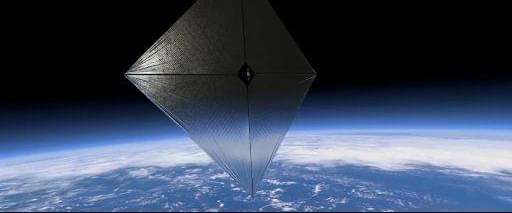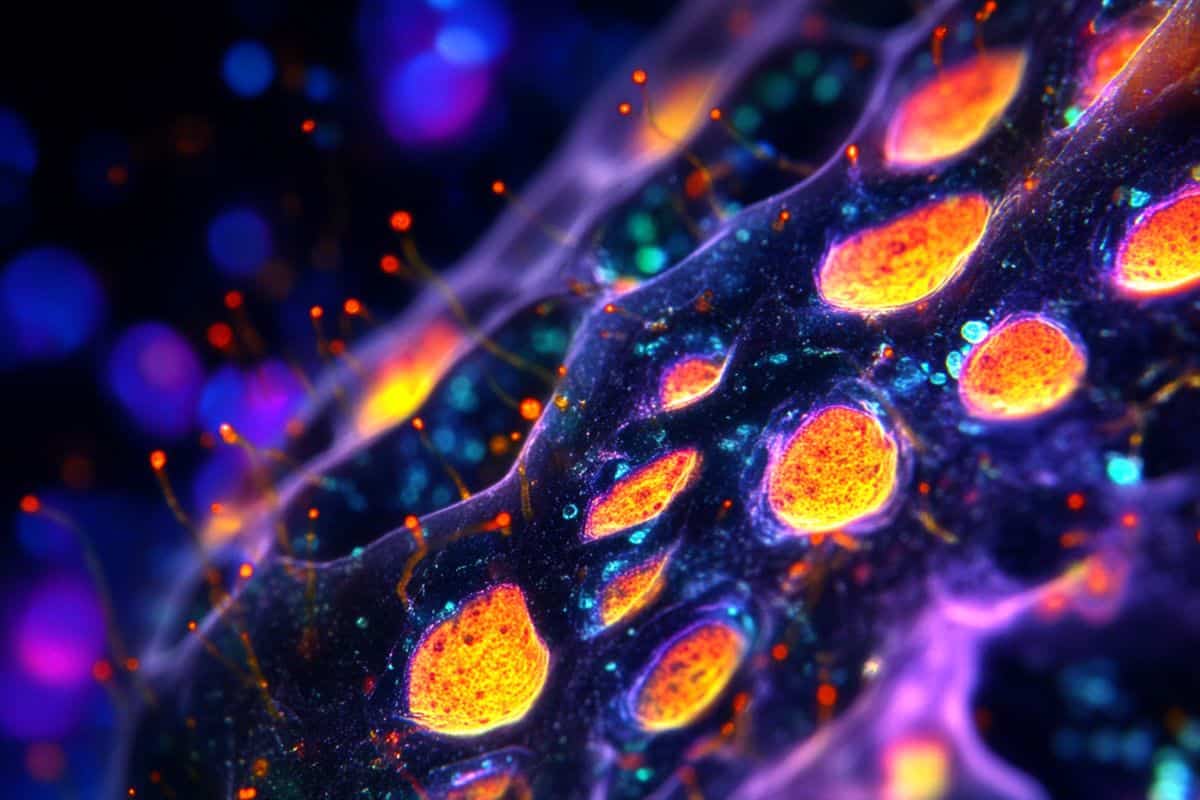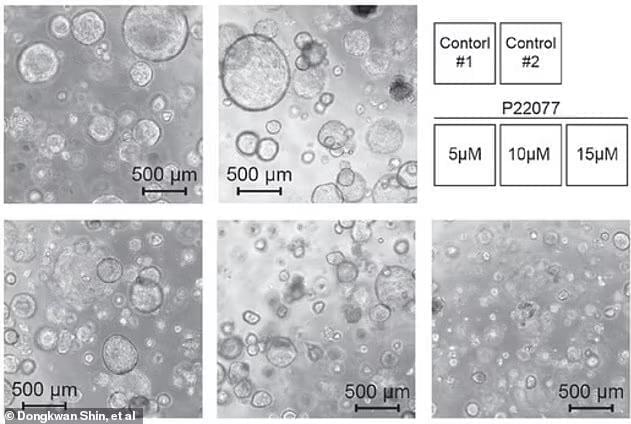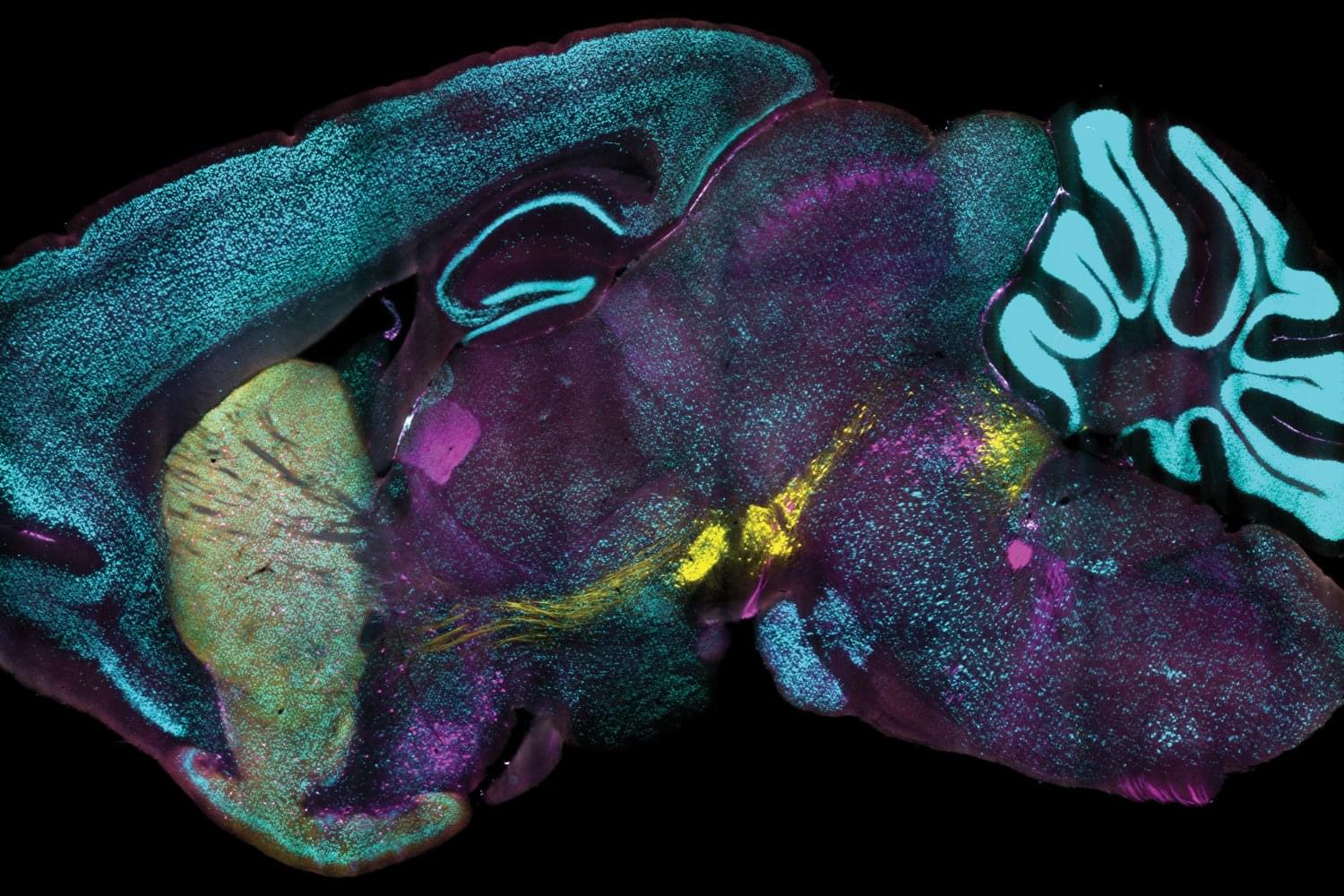The lightsail will travel faster than any previous spacecraft, with potential to eventually open interstellar distances to direct spacecraft exploration.




Summary: Scientists have discovered that neural stem cells (NSCs) receive constant feedback from their daughter cells, influencing whether they remain dormant or activate to form new neurons and glia. This parent-child relationship helps regulate brain regeneration and repair.
The study also reveals that calcium signaling plays a key role in how NSCs decode multiple signals from their environment. If NSCs produce only a few daughter cells, they activate; if they produce many, they stay dormant.
These findings challenge previous assumptions that NSCs function independently and open new avenues for treating neurodevelopmental disorders. Future research will explore how these processes change in aging and disease.

Another rising player is Windsurf, an AI coding assistant introduced by Codeium. Windsurf takes a different route by positioning itself as the “first agent-powered IDE” focused on keeping developers in flow. While Copilot extends existing workflows and Cursor offers an all-in-one editor, Windsurf emphasizes versatility and enterprise readiness. It can act as a plugin across multiple development environments, from traditional IDEs to lightweight editors, ensuring teams can adopt it without overhauling their toolchains.
The AI coding assistant landscape is evolving quickly, and it’s clear this is just the beginning. GitHub Copilot’s head start and deep integration into the developer ecosystem give it a strong position. Still, the energetic rise of competitors like Cursor and Windsurf shows that there is ample room for innovation.
The code genie is out of the bottle, and it is now up to CXOs and technology strategists to integrate these powerful new assistants into their innovation roadmap.

Scientists in Japan have now developed a groundbreaking spintronic device that allows for electrical control of magnetic states, drastically reducing power consumption. This breakthrough could revolutionize AI hardware by making chips far more energy-efficient, mirroring the way neural networks function.
Spintronic Devices: A Game-Changer for AI Hardware
AI is rapidly transforming industries, but as these technologies evolve, so does their demand for power. To sustain further advancements, AI chips must become more energy efficient.

Cellular organization is central to tissue function and homeostasis, influencing development, disease progression, and therapeutic outcomes. The emergence of spatial omics technologies, including spatial transcriptomics and proteomics, has enabled the integration of molecular and histological features within tissues. Analyzing these multimodal data presents unique challenges, including variable resolutions, imperfect tissue alignment, and limited or variable spatial coverage. To address these issues, we introduce CORAL, a probabilistic deep generative model that leverages graph attention mechanisms to learn expressive, integrated representations of multimodal spatial omics data. CORAL deconvolves low-resolution spatial data into high-resolution single-cell profiles and detects functional spatial domains. It also characterizes cell-cell interactions and elucidates disease-relevant spatial features. Validated on synthetic data and experimental datasets, including Stero-CITE-seq data from mouse thymus, and paired CODEX and Visium data from hepatocellular carcinoma, CORAL demonstrates robustness and versatility. In hepatocellular carcinoma, CORAL uncovered key immune cell subsets that drive the failure of response to immunotherapy, highlighting its potential to advance spatial single-cell analyses and accelerate translational research.
The authors have declared no competing interest.
What kinds of strange life forms might exist on exoplanets? Invest in your mind with Imprint. Go to https://imprintapp.com/V101-Fans to get a 7-day free trial and get 20% off an annual membership.
Scientists are uncovering bizarre exoplanets that challenge everything we know about habitability. From super-Earths with crushing gravity to tidally locked planets with scorching hot and frozen hemispheres, these extreme worlds could give rise to lifeforms unlike anything on Earth. In this video, we explore the scientific possibilities of extraterrestrial life—how gravity, atmosphere, and star types could shape truly alien evolution. Could we find snake-like creatures on high-gravity worlds, black-leaved plants around red dwarf stars, or ocean-dwelling bioluminescent life on Europa-like moons? The possibilities are endless, and the science is fascinating!
Writers credit:
Today’s script comes from the brilliant astronomy author: Colin Stuart.
Check out Colin’s weekly newsletter here:
Want to help me make videos? Buy me a coffee here
https://buymeacoffee.com/v101space.
Or join the community and become a V101 member or Patron Today
https://www.youtube.com/channel/UC_MTPqgFSm_8WUWaCHIfUgQ/join.
https://www.patreon.com/V101Science
And if you haven’t already, make sure to subscribe for much more to come! Subscribe — https://www.youtube.com/@UC_MTPqgFSm_8WUWaCHIfUgQ
Science Fiction…for now.
I’m not a natural “doomsayer.” But unfortunately, part of my job as an AI safety researcher is to think about the more troubling scenarios.
I’m like a mechanic scrambling last-minute checks before Apollo 13 takes off. If you ask for my take on the situation, I won’t comment on the quality of the in-flight entertainment, or describe how beautiful the stars will appear from space.
I will tell you what could go wrong. That is what I intend to do in this story.

A new technology developed at MIT enables scientists to label proteins across millions of individual cells in fully intact 3D tissues with unprecedented speed, uniformity, and versatility. Using the technology, the team was able to richly label large tissue samples in a single day. In their new study in Nature Biotechnology, they also demonstrate that the ability to label proteins with antibodies at the single-cell level across large tissue samples can reveal insights left hidden by other widely used labeling methods.
Profiling the proteins that cells are making is a staple of studies in biology, neuroscience, and related fields because the proteins a cell is expressing at a given moment can reflect the functions the cell is trying to perform or its response to its circumstances, such as disease or treatment. As much as microscopy and labeling technologies have advanced, enabling innumerable discoveries, scientists have still lacked a reliable and practical way of tracking protein expression at the level of millions of densely packed individual cells in whole, 3D intact tissues. Often confined to thin tissue sections under slides, scientists therefore haven’t had tools to thoroughly appreciate cellular protein expression in the whole, connected systems in which it occurs.
“Conventionally, investigating the molecules within cells requires dissociating tissue into single cells or slicing it into thin sections, as light and chemicals required for analysis cannot penetrate deep into tissues. Our lab developed technologies such as CLARITY and SHIELD, which enable investigation of whole organs by rendering them transparent, but we now needed a way to chemically label whole organs to gain useful scientific insights,” says study senior author Kwanghun Chung, associate professor in The Picower Institute for Learning and Memory, the departments of Chemical Engineering and Brain and Cognitive Sciences, and the Institute for Medical Engineering and Science at MIT. “If cells within a tissue are not uniformly processed, they cannot be quantitatively compared. In conventional protein labeling, it can take weeks for these molecules to diffuse into intact organs, making uniform chemical processing of organ-scale tissues virtually impossible and extremely slow.”